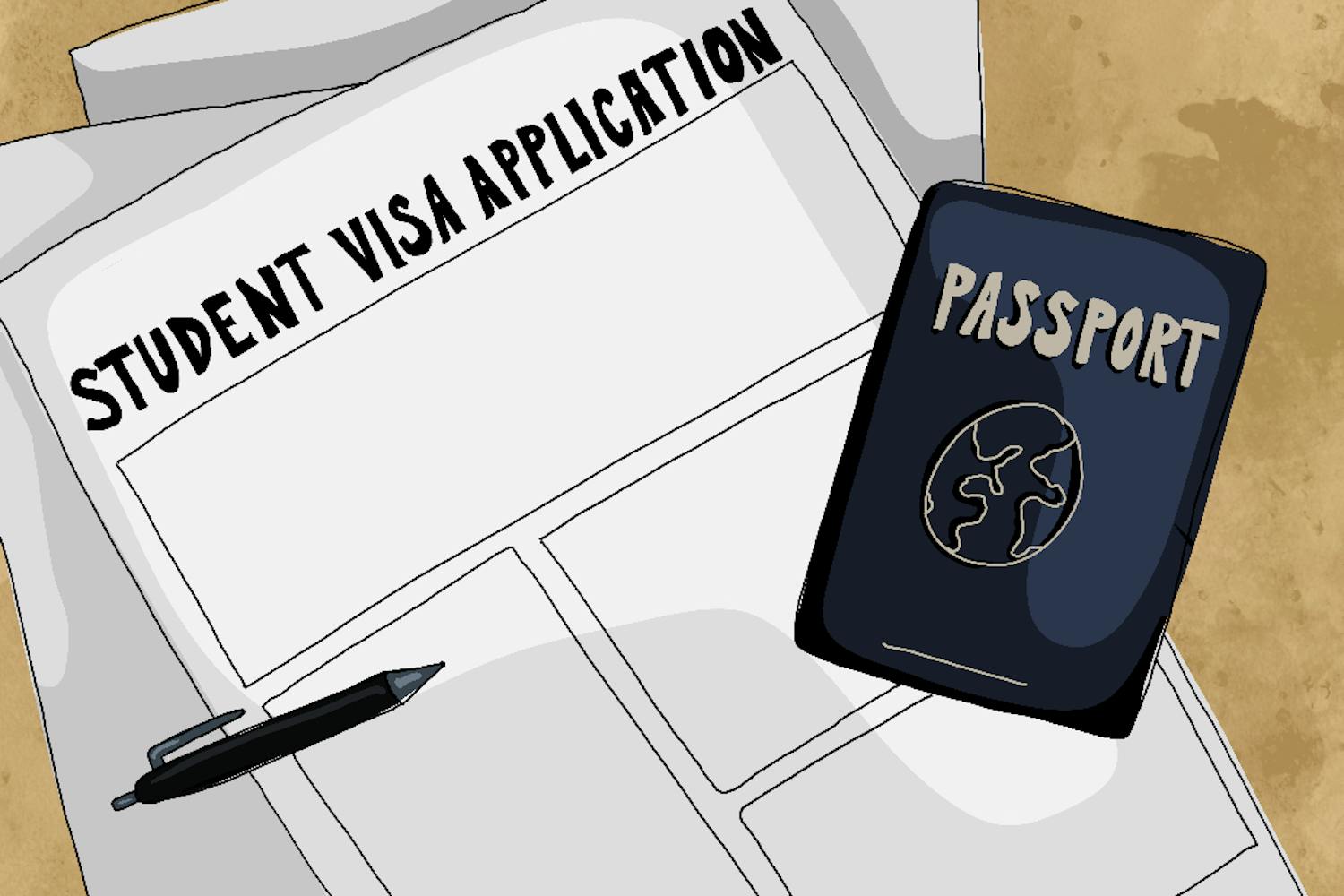Months after the emergence of ASU's secretive Myworld project, details have surfaced about how the University is promoting the project that is being beta tested by a major Internet company.
The Web site, hosted at asu.edu/myworld, allows students to fill out a questionnaire asking about Internet habits to apply for testing the product.
The project, which will be released later this year, has long rumored to be backed by Google and is considered by most media organizations as similar to Linden Lab's Second Life, a 3-D online world.
Google has neither confirmed nor denied their role in the project, and the University has also remained quiet.
"The bottom line is that ASU has not purchased anything," said Terri Shafer, a University spokeswoman in a Sept. 24 e-mail. "The software we are testing is the property of the company that provided it. We are only testing the software in our environment in order to assess its fit and performance and provide feedback to the vendor prior to the software's public release for sale."
The third party's stake in the project is a trade secret and therefore exempt from public record law, Shafer added.
"The trade secrets do not belong to ASU, and the university does not have permission from the owner of the trade secrets to disclose any information about this project," she said in a Nov. 1 e-mail.
And though ASU hasn't purchased anything, the University has been heavily involved in the promotion of Myworld, according to e-mail records obtained by The State Press.
One such method of promotion was a request to use the all-student distribution list, which contains every student e-mail address.
The request was made in a Sept. 18 e-mail by Lissa Gladden, an ASU senior project manager, but was subsequently denied.
Jennifer Glawson, an associate registrar, denied the request.
"When determining whether a message is appropriate for the list, we look at whether it is of extreme importance to the student community." Glawson said in the reply e-mail.
Gladden sent Glawson a draft of the e-mail, which claimed something "BIG" was going to happen and included a link to the Myworld Web site.
"I appreciate you rushing this through the process — we're really excited about this project and need to reach as many students as possible," Gladden said at the end of the e-mail.
Other e-mails included request inquiries into the promotional budget to offer an iPod Nano to those who submit the questionnaire.
An e-mail dated Aug. 27 from Kari Barlow, assistant vice president for the University Technology Office, to the third party, asked if the University could use the party's name in advertising to students.
"Can we tell students it is in partnership with (third party's name) that will increase your number of respondents," Barlow said in the e-mail.
The response from the third party, as well as its name, was redacted to protect its trade secret.
As of Sept. 20, 37 people had signed up for the Myworld project, according to the e-mails.
The e-mail records referred to the project often as "Snow Crash" — a term likely taken from Neal Stephenson's 1992 novel of the same name. The novel coined the term "metaverse," which describes 3-D virtual spaces and has been applied to projects like Second Life.
Reach the reporter at matthew.g.stone@asu.edu.



